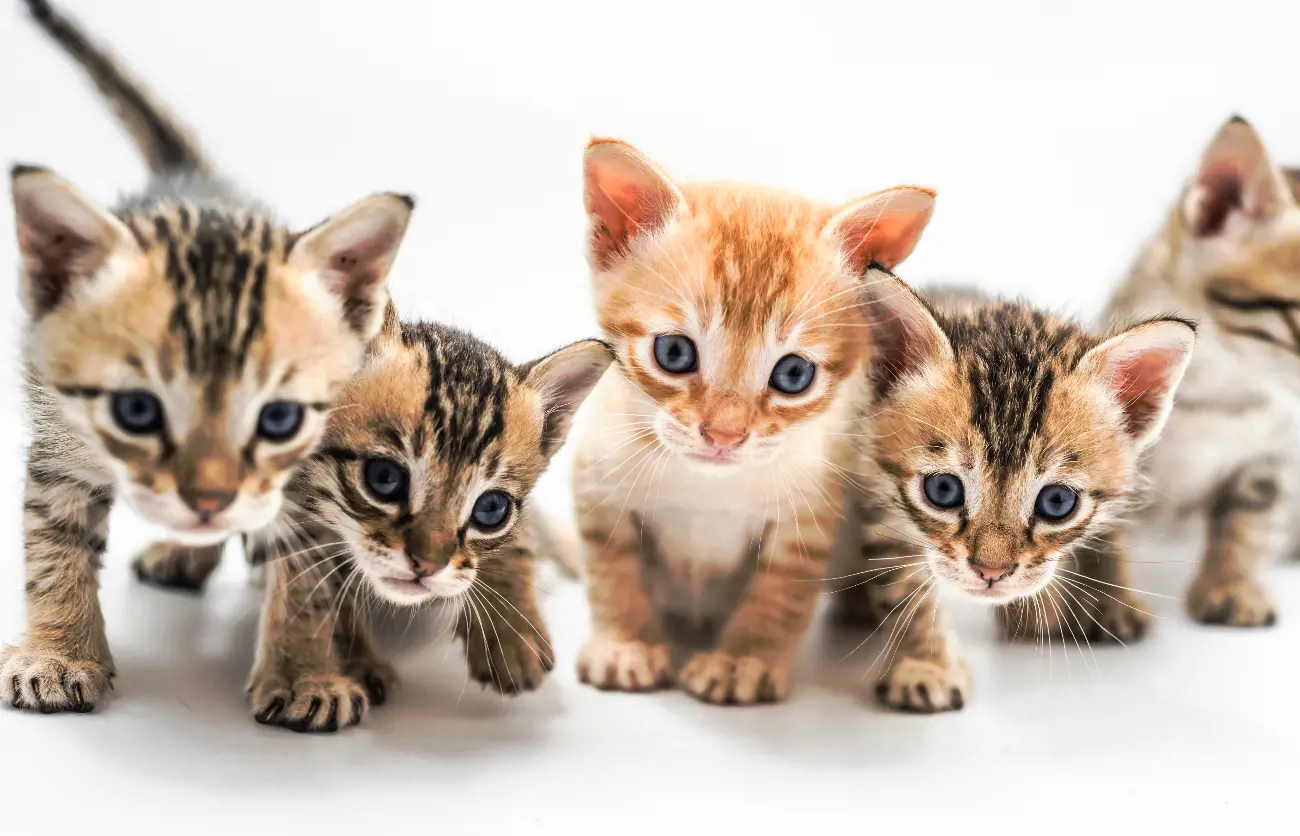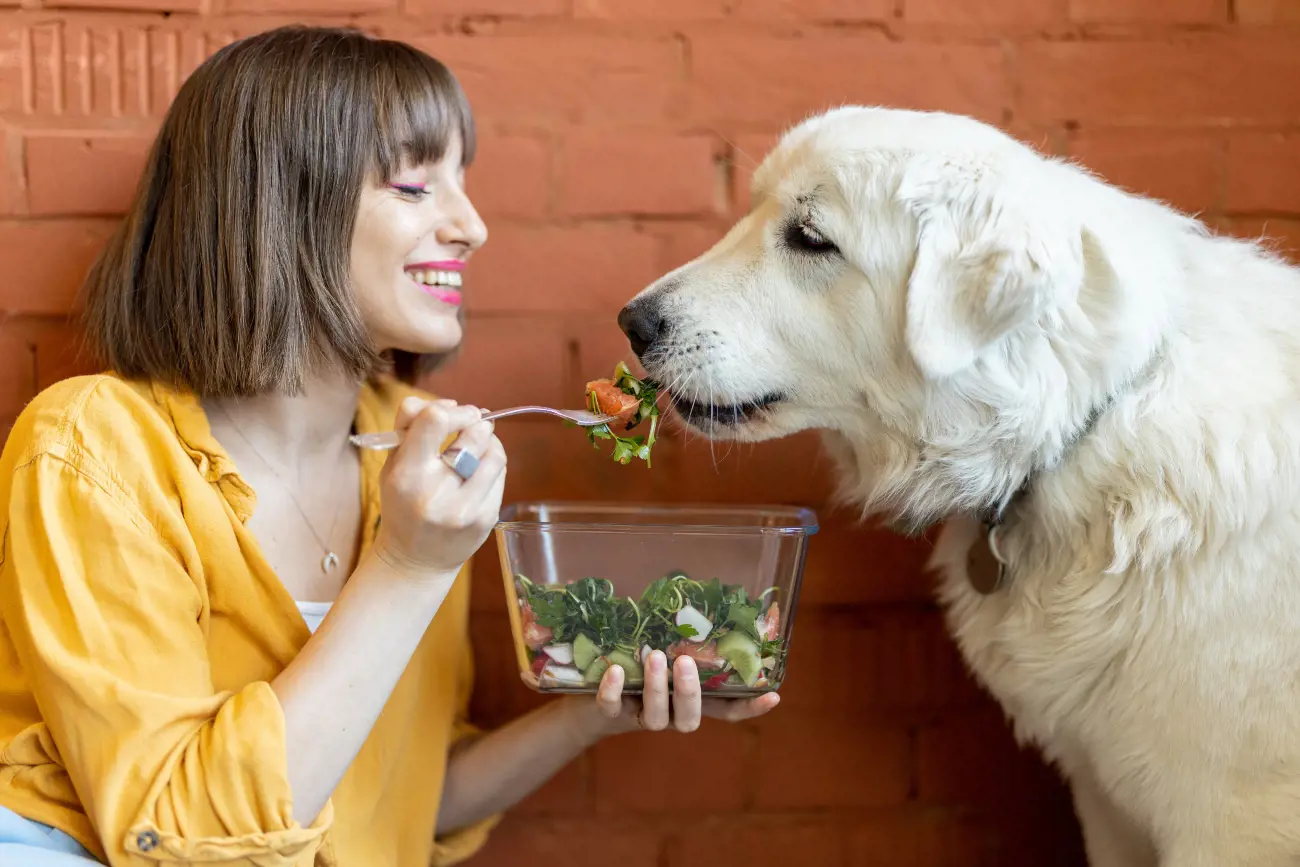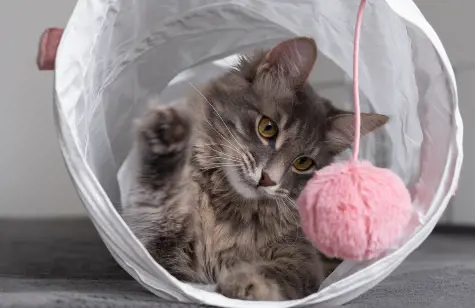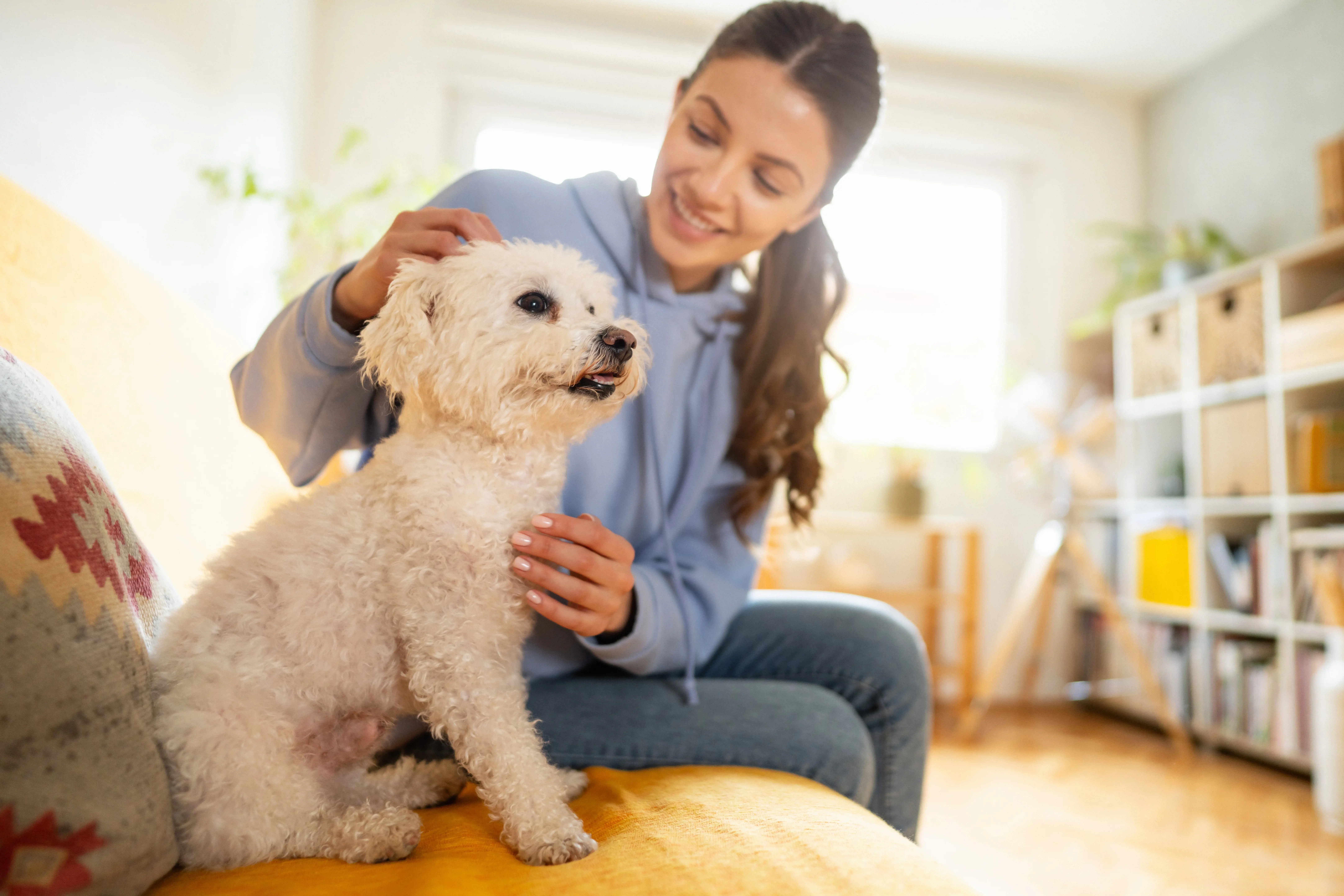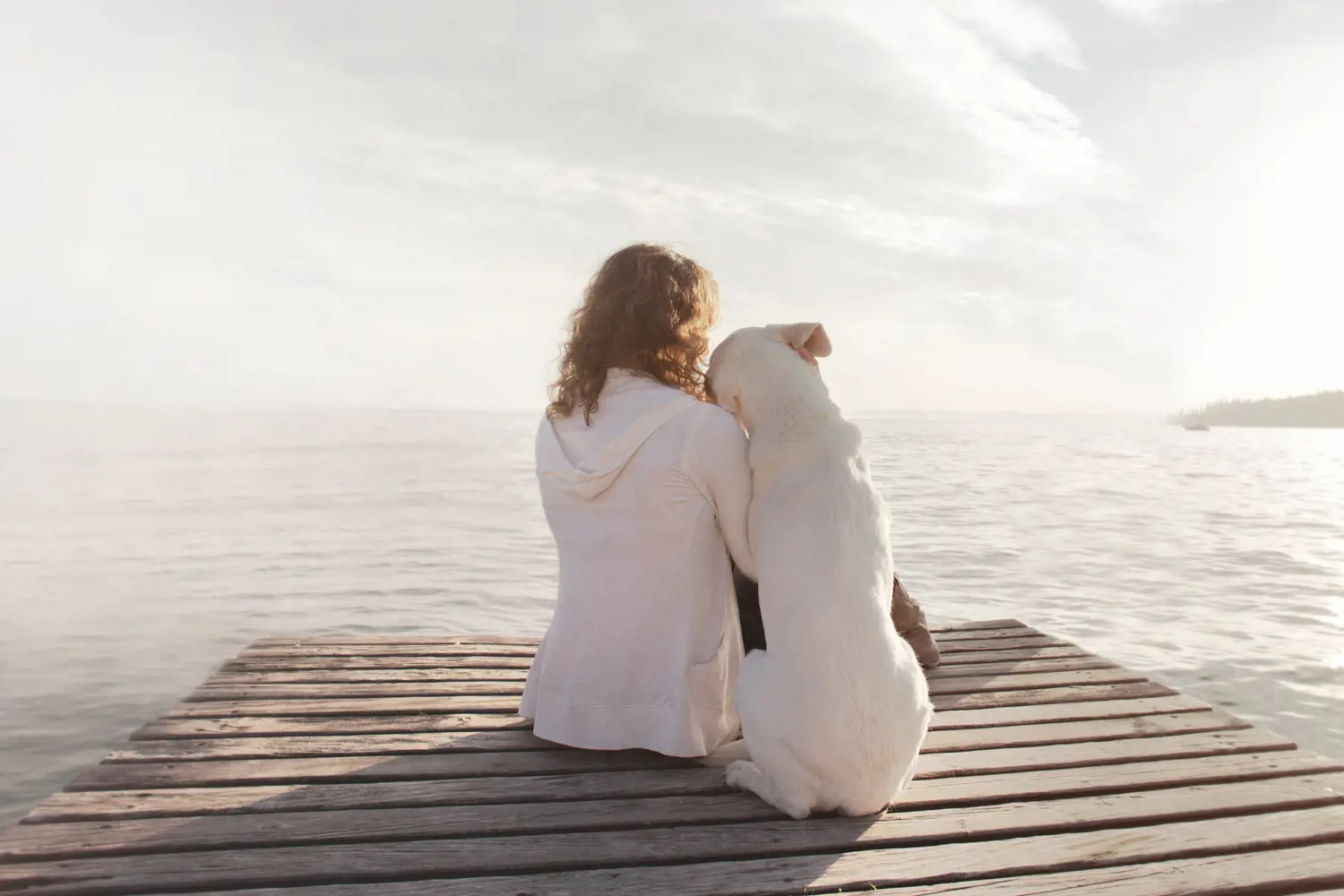The importance of Neutering
30th January, 2023
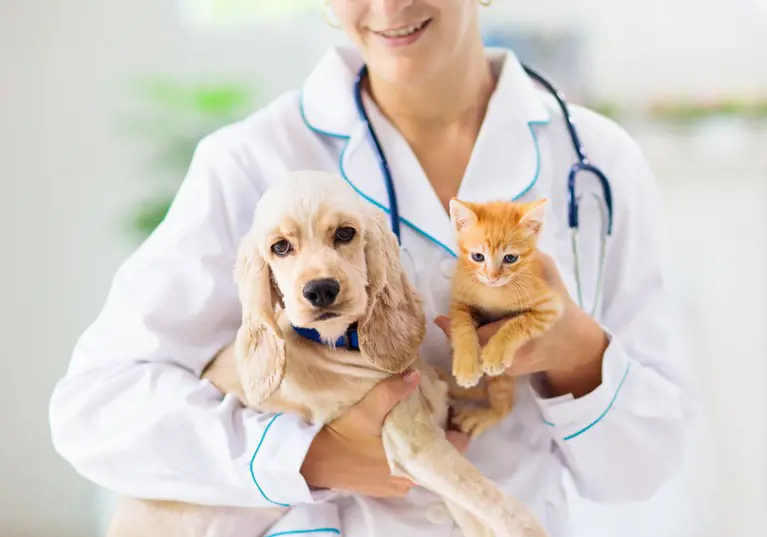
Spaying, also known as castration, neutering, and ‘fixing’ is an operation carried out by the vet, it stops your pet from having unwanted litters and can help prevent serious illnesses.
Male and female pets undergo different operations when they are neutered:
- Male pets are castrated – their testicles are removed
- Female pets are spayed – their ovaries are removed and often their uterus (womb)
Both operations are carried out by a vet under general anaesthetic.
Our vet care provider, Joii share facts, their expert tips and knowledge.
Facts and statistics
- Around 54% of dogs are neutered, which is much higher than a lot of other countries
- 88% of UK cats are neutered
- 72% of vets always recommend neutering your dog if you do not plan to breed from them
- You should neuter your female cat as soon as they approach the age of sexual maturity, around 5-6 months of age
- The advice on when to spay a female dog varies based on breed, a Joii vet can help provide guidance on this
Advantages
Dogs:
- Neutering a female before her first season (if appropriate for her breed) will reduce the incidence of mammary tumours by up to 50%
- Prevents unwanted pregnancies
- Prevents uterine and ovarian diseases, such as pyometra and cancers
- Prevents behaviour problems related to being “in season” and false pregnancies
Cats:
- Reduces the risk of mammary cancer by up to 90%
- Prevents unwanted pregnancies
- Prevents uterine and ovarian diseases, such as pyometra and cancers
- Prevents behaviour problems related to being “in heat”
References: ASPCA & Veterinary Practice
What does Neutering involve?
Neutering your dog is done under general anaesthetic. All surgery has some risk, but neutering is very safe. After the surgery, your pet will be given something to control any pain they might have.
Preparation
Before your pet’s surgery, a vet will talk to you about how you need to prepare. This usually involves not feeding your dog anything before their surgery.
During the operation
Your dog will be given an anaesthetic and painkillers to make sure they don’t feel anything during the operation. A vet will also clip the hair around where an incision in the abdomen area. The ovaries, and usually the womb will be removed.
If your male dog is being castrated, a vet will make a small incision so that their testicles will be removed.
Some vets will preform keyhole (laparoscopic) surgery, although it can be more expensive. A small camera and surgical instruments are inserted through small cuts, and the ovaries are removed. The benefits of this type of surgery are:
- A quicker recovery
- Exercising sooner
- Fewer complications
After the operation
A vet or vet nurse will continue to look after your pet, and you’ll usually be able to pick them up a few hours after surgery. Some pets may take a little longer to recover but your vet practice will contact you to let you know how their doing.
How to care for your pet after spay surgery
What to expect after a spay
- Your pet may be quieter than normal for a day or two
- They may feel like sleeping more than usual
- They may cry or moan a little - whilst spay surgery is common, it’s still big surgery for your pet! They may feel some discomfort, but your vet should send your pet home with some pain relief to keep her as comfortable as possible
- Your pets may have a reduced appetite for a day after the surgery
- Your pet will have stitches in their belly or side - your vet will let you know of any specific care you need to provide for these
Rest
- Dogs will need to be on restricted activity for 10-14 days after their spay surgery. That means lead walks only, shorter walks than normal and no running around.
- Cats will need to be kept inside for 7-10 days after surgery
Wound care
- Look at the surgery site at least once per day
- You particularly want to keep an eye out for any swelling, weeping or bleeding. If you do see any of these signs, please contact your vet for advice
- Your vet will send your pet home with a buster collar - please make sure it is on at all times until your vet says it can be removed. Licking the surgery site can cause infections and cause the stitches to come loose.
If you pet is showing any of the following signs, please speak to your vet:
- Reluctant to move
- Being difficult to wake up
- Difficulty passing urine
- Her gums look white or very pale pink
- Having multiple episodes of vomiting
- Appearing in a lot of pain despite taking her pain medications.
As part of your Purely Pets policy you get access to 24/7 video consultations with veterinary experts through our partner Joii. If you haven’t done so already, sign up with Joii.
Helpful Pages
Recent Posts
Pet Insurance Quote
- 98% claims paid *
- Claims paid directly to vets
- 24/7 vet video consultations
- Interest free monthly payments
